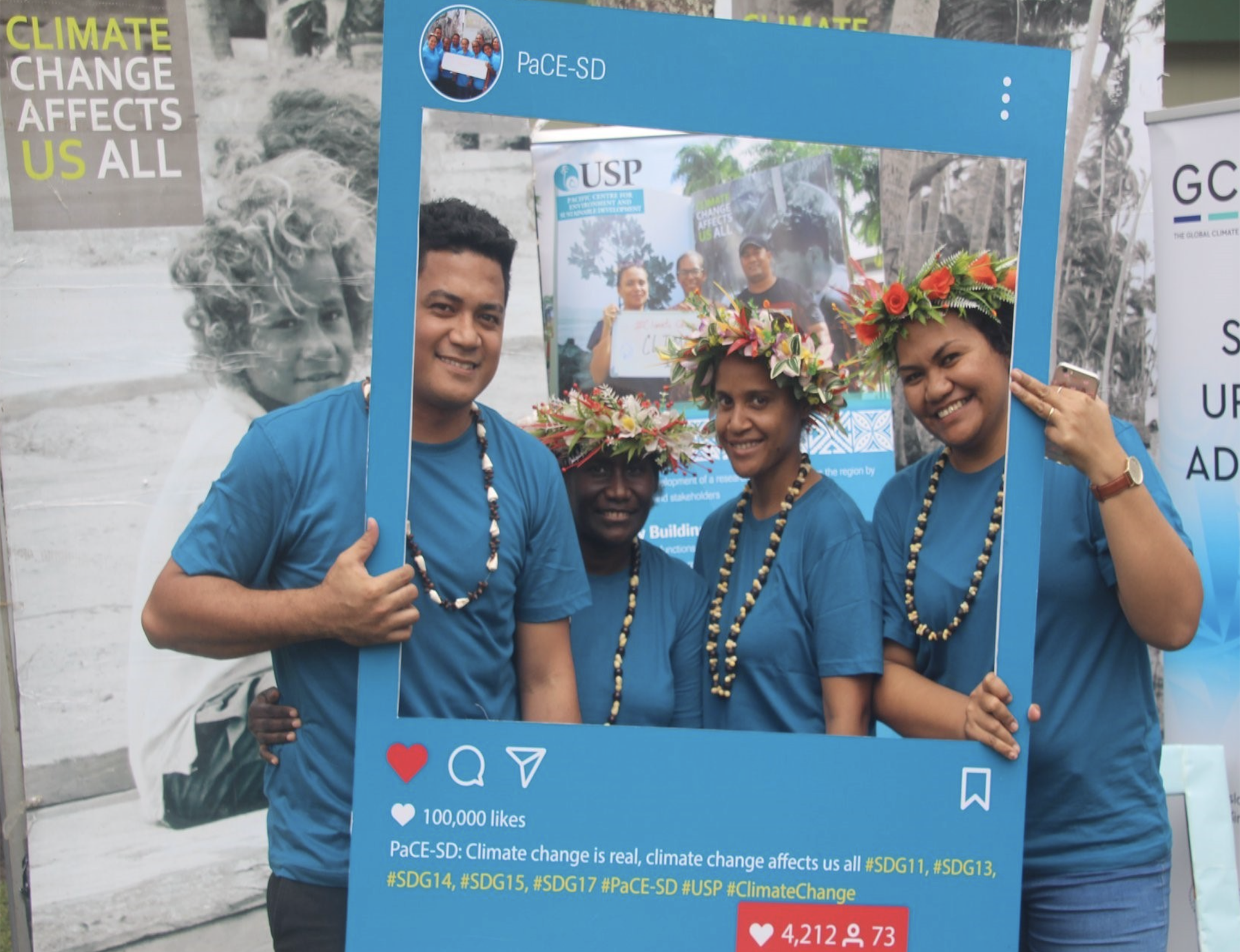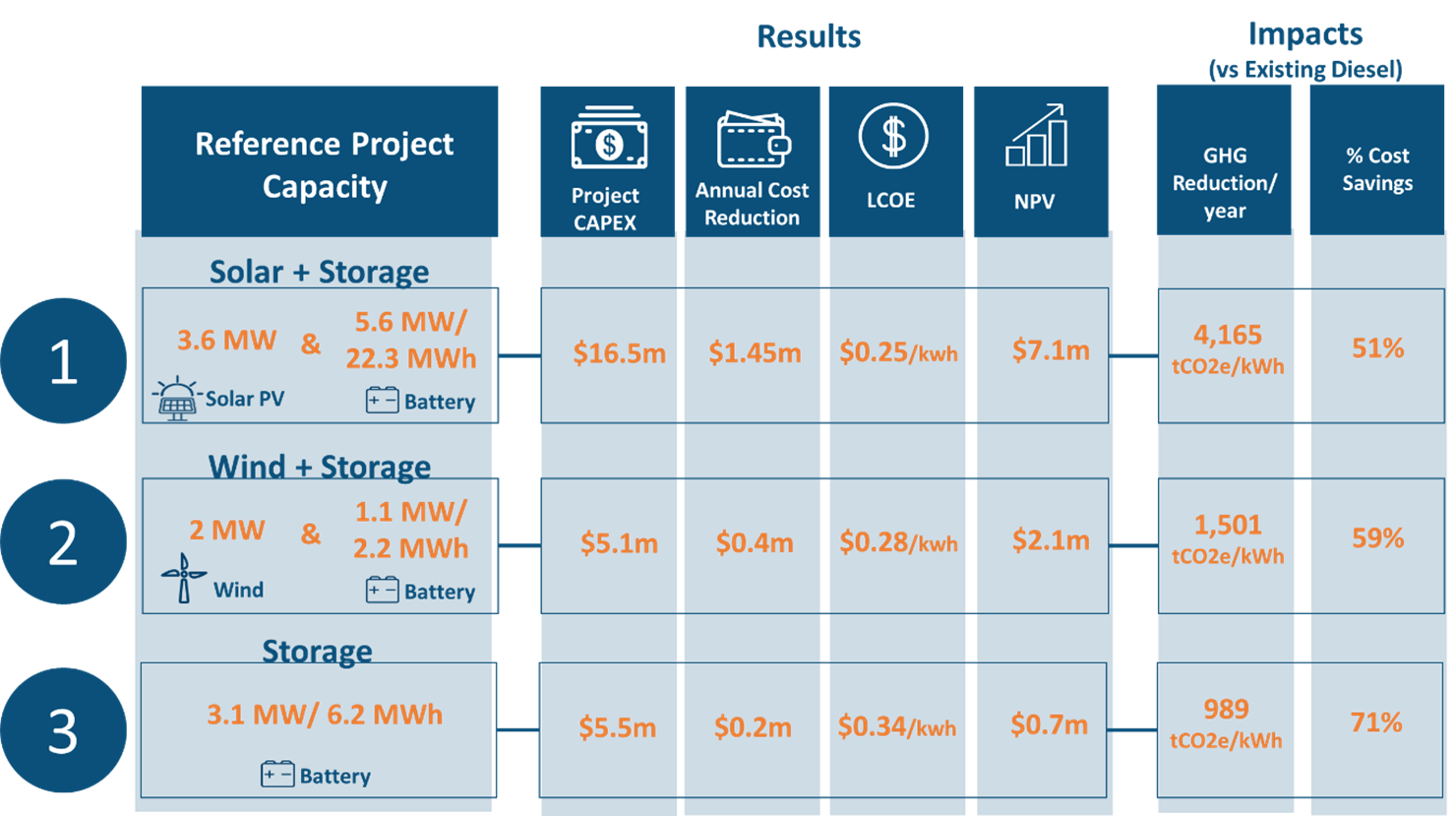
Boosting trade and economic development by putting the environment first
Environmental and climate change considerations are at the very heart of how Cowater International approaches its support for trade policy formulation and implementation, and our engagement with private sector actors. We are currently implementing two large technical assistance initiatives – the Canadian Trade and Investment Facility for Development(CTIF), and the Expert Deployment Mechanism for Trade and Development (EDM) – both funded by Global Affairs Canada – that integrate sustainable approaches to economic development and trade.
CTIF’s efforts to encourage climate-smart growth focus primarily on national government bodies and regional organizations, such as ASEAN. One of the facility’s medium-term goals is to improve policy-making practices in the Asia-Pacific countries. To this end, CTIF deploys technical expertise to strengthen the ability of national and regional institutions to develop, implement, and measure climate-smart policy, legislation, and regulations that aim to support environmentally sustainable trade and investment. Additionally, CTIF works with civil society organisations and academic institutions to increase their ability to engage governments to promote climate-smart trade, infrastructure development, and investment.
In Nauru, for instance, CTIF deployed CPCS, a leading Canadian transportation and energy consulting firm, to support the preparation of the 2021 Nauru Energy Road Map. Working with Nauru’s Department of Commerce, Industry and Environment, CTIF’s consultant identified the most economically feasible, socially responsible, and environmentally sustainable sources of renewable energy that could serve to drive Nauru’s transition away from traditional fossil fuels. The study included a resource assessment, a grid integration assessment, an environmental and social assessment, and a financial assessment. Of the three primary renewable energy technologies assessed – wind, solar, and battery storage – solar PV plus battery storage offered the highest reductions in GHG emissions but the lowest cost savings (51%) compared to existing diesel energy. Conversely, battery storage offered the lowest reductions in emissions, but the highest cost savings compared to existing sources.

CTIF supported the development of the 2021 Nauru Energy Road Map
Our CTIF consultants are working with the University of the South Pacific to establish a Regional Climate Finance Help Desk housed within the university’s Pacific Centre for the Environment and Sustainable Development. This initiative will contribute meaningfully to increasing access to financing for Pacific countries to implement climate change adaptation plans and projects, which will in turn greatly influence their ability to pursue low carbon paths to growth.
Cowater International’s Expert Deployment Mechanism facility is another instrument that integrates climate and environmental considerations into trade-related technical assistance activities globally. EDM engages countries eligible for development aid that have trade or investment relationships with Canada to support the negotiation and implementation of free trade agreements (FTAs) that prioritize both environmental sustainability and social inclusion. Through upcoming engagements, and based on demand, these experts will also work with eligible civil society organisations, including those focused on environmental causes, to influence national trade and investment strategies.
EDM teams will also be able to leverage Canadian expertise to advance environmental goals in the context of existing and upcoming Free Trade Agreements. Examples include building capacity to remove fossil fuel subsidies, training national institutions on standards for sustainable agricultural products, building capacity to leverage emerging green financial instruments to fund FTA implementation, working with trade support institutions to promote environmentally sustainable exports, and providing advice on means to protect biodiversity and promote a low carbon economy to fulfil FTA-related obligations.
In Peru, for instance, EDM is working with national institutions to enhance food safety while also protecting the environment. EDM’s experts are working with Peru’s Animal Health Directorate, SENASA, to strengthen risk-based border inspection processes and standards related to the livestock trade. This assistance includes an assessment of existing border inspection policies and procedures, reviewing Peru’s policy and regulatory framework for risk-based livestock inspection at borders, identifying opportunities to integrate and adapt best practices utilized in Canada, and preparing a manual for the implementation of a road map to implement recommended improvements.




